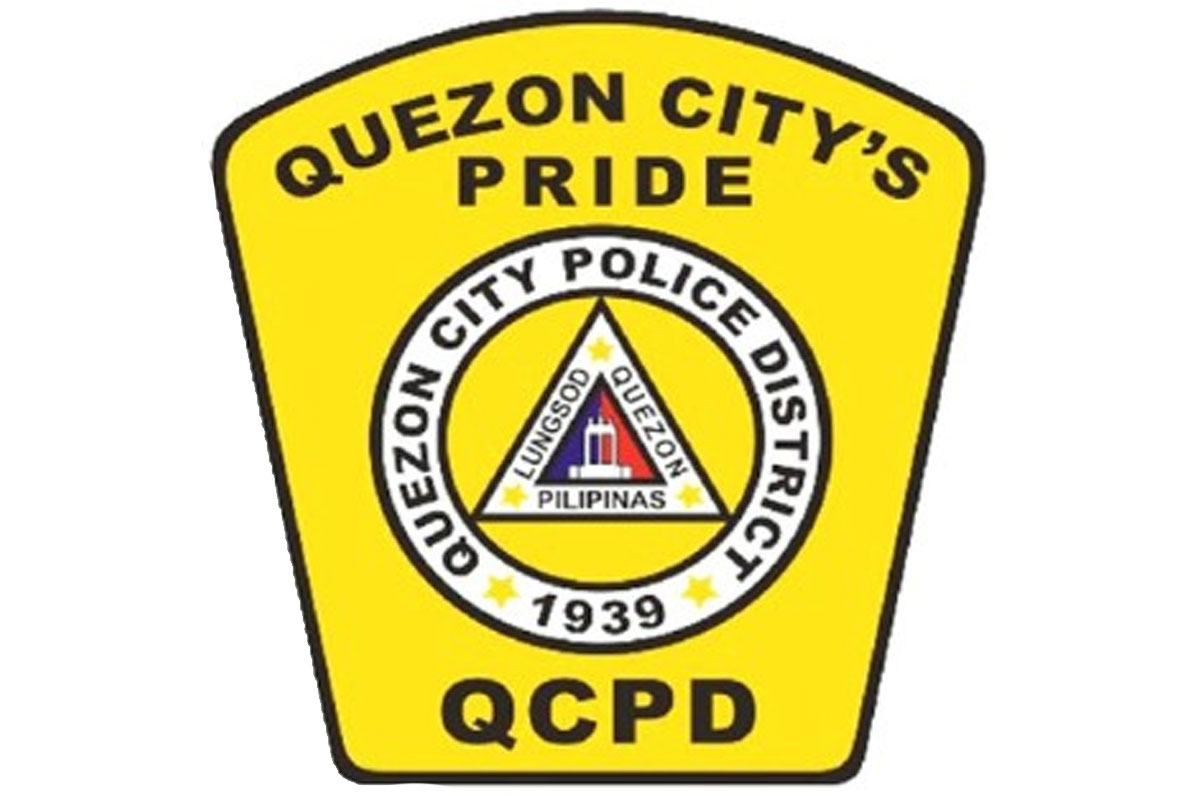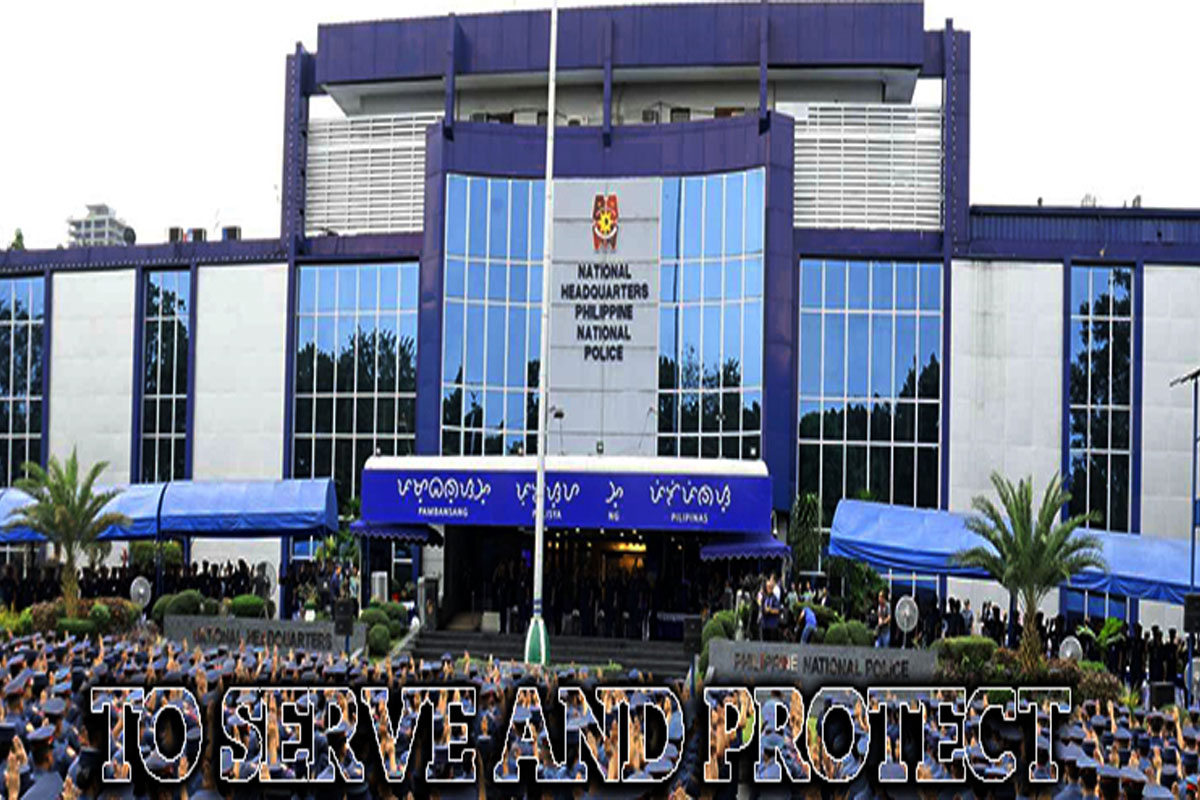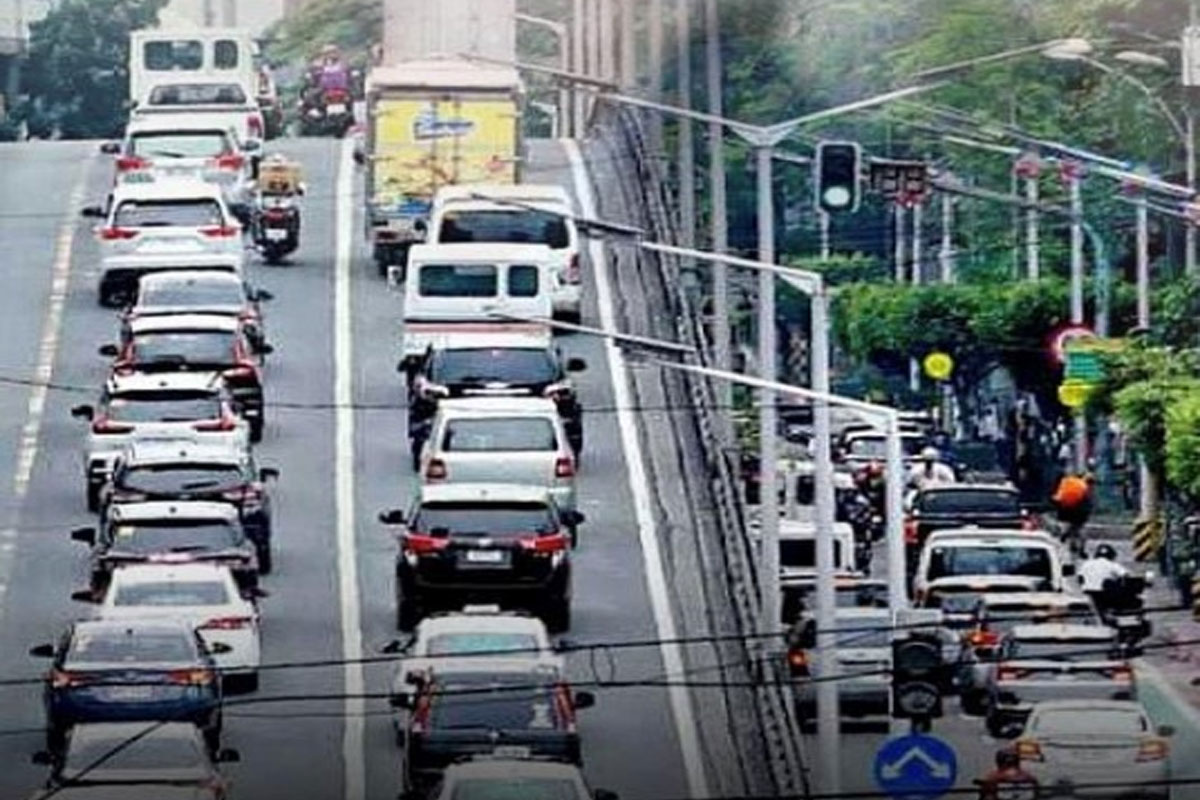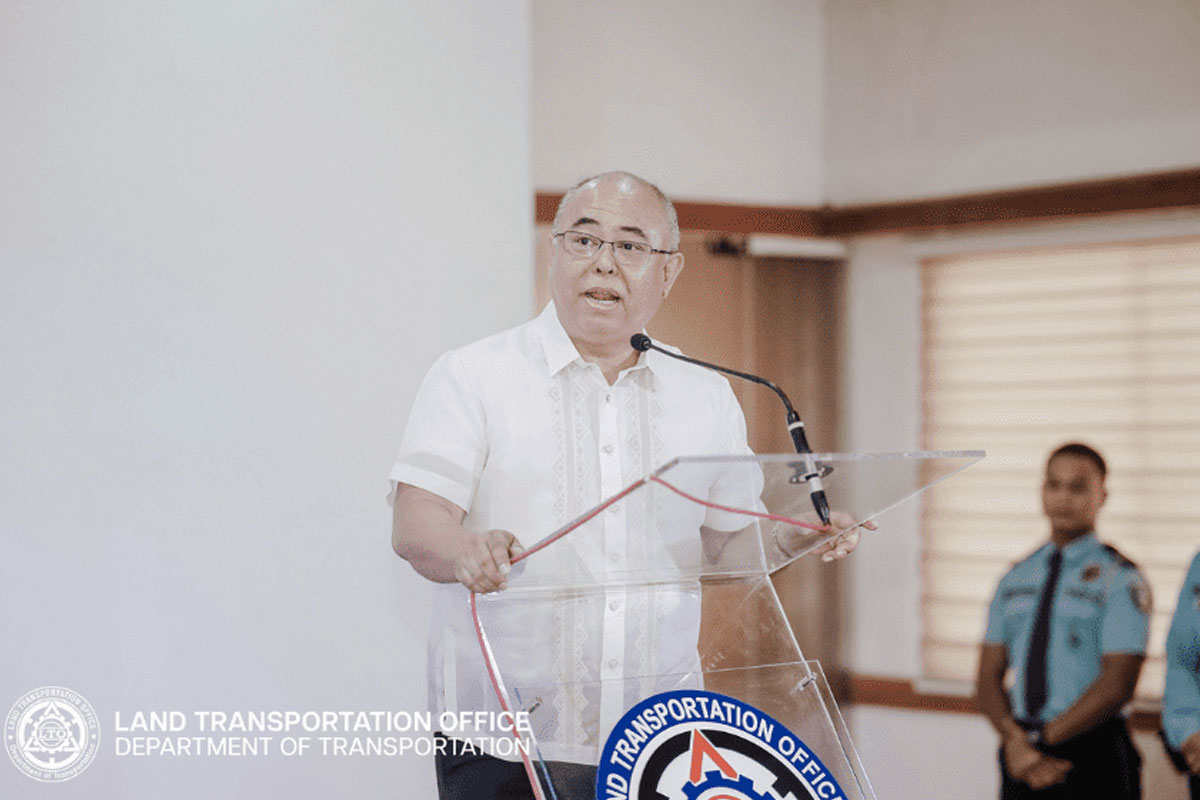
Maritime infra projects to improve connectivity, bring down food costs
THE Department of Transportation (DOTr) aims to improve Filipinos’ mobility and connectivity and lower the cost of food and other goods through various maritime infrastructure projects, Secretary Jaime J. Bautista said.
Speaking before the Rotary District 3830’s District Conference (DISCON) over the weekend, Bautista outlined the future of Philippine transportation and gave an overview of the infrastructure flagship projects approved by the National Economic Development Authority (NEDA) board for the four transport sectors – Maritime, Roads, Railways, and Aviation. DOTr’s approved infrastructure projects are guided by the “CASA” values – Convenient, Accessible, Safe and Affordable transport for Filipinos, Bautista said.
The transportation secretary, a Rotarian himself, shared that DOTr under his leadership and the Rotary District practically have the same goal: promoting economic and community development.
Under Bautista, the DOTr’s Maritime sector is actively pursuing projects that connect the archipelago to make the countryside “competitive for trade, investment, and tourism.” Two key projects identified by the transport chief are the Roll-on Roll-off (RORO) Network Upgrade and the Farm-to-Market Ports Network.
RORO system up for upgrades, expansion
Known as the Strong Republic Nautical Highway, the RORO system was created in 2003 by then-President Gloria Macapagal Arroyo to make the movement of Filipinos and goods more efficient. Upgrading the country’s RORO network is one of the eight priority programs of the recently updated Maritime Industry Development Plan 2019-2028. The upgrade will also “boost the domestic shipping industry in support of the nautical highway development,” Bautista added.
The upgrade of the 20 year old RORO network includes the development of ports and ramps and the deployment of additional RoRo vessels to different routes. Once completed, the modernized and expanded RoRo system will greatly improve the inter-island connectivity and movement of people and goods.
Farm-to-market ports
Acknowledging the important role of transport infrastructure in building a strong economy in the post-pandemic era, the DOTr plans to develop Farm-to-Market Ports “to improve the efficient transport of food products, while providing low-cost food throughout the country,” according to Bautista.
This network of Farm-to-Market Ports (FMPs) is being developed by the Philippine Ports Authority (PPA) in seven (7) provincial ports including Capinpin Port in Bataan, Tablas Port in Romblon, Dumangas Port in Iloilo, and Dapitan Port in Zamboanga del Norte. Once fully developed, the FMP network will allow farmers and food traders to take advantage of the over 700 maritime gateways in the country and help spur economic activity in the countryside, especially in the agricultural sector.
Full speed ahead
After outlining the plans for the maritime and other transport sectors, Secretary Bautista reiterates the DOTr’s awareness of the importance of a well-established transportation system to facilitate economic recovery and his commitment to remain focused amidst the different challenges.
“The challenge for me is to keep the fire of enthusiasm alive… Serious distractions can dissuade those with lesser resolve to see these projects to their final completion,” Bautista said.
Bautista expressed his full commitment to providing a convenient, Accessible, Safe and Affordable public transport and declared: “We march on full speed ahead!”




















